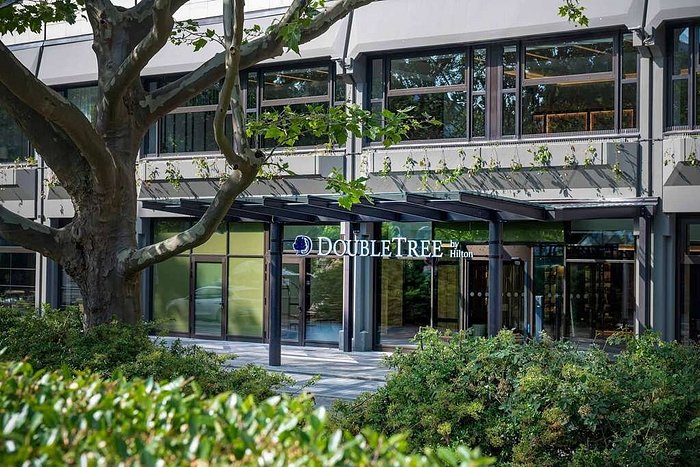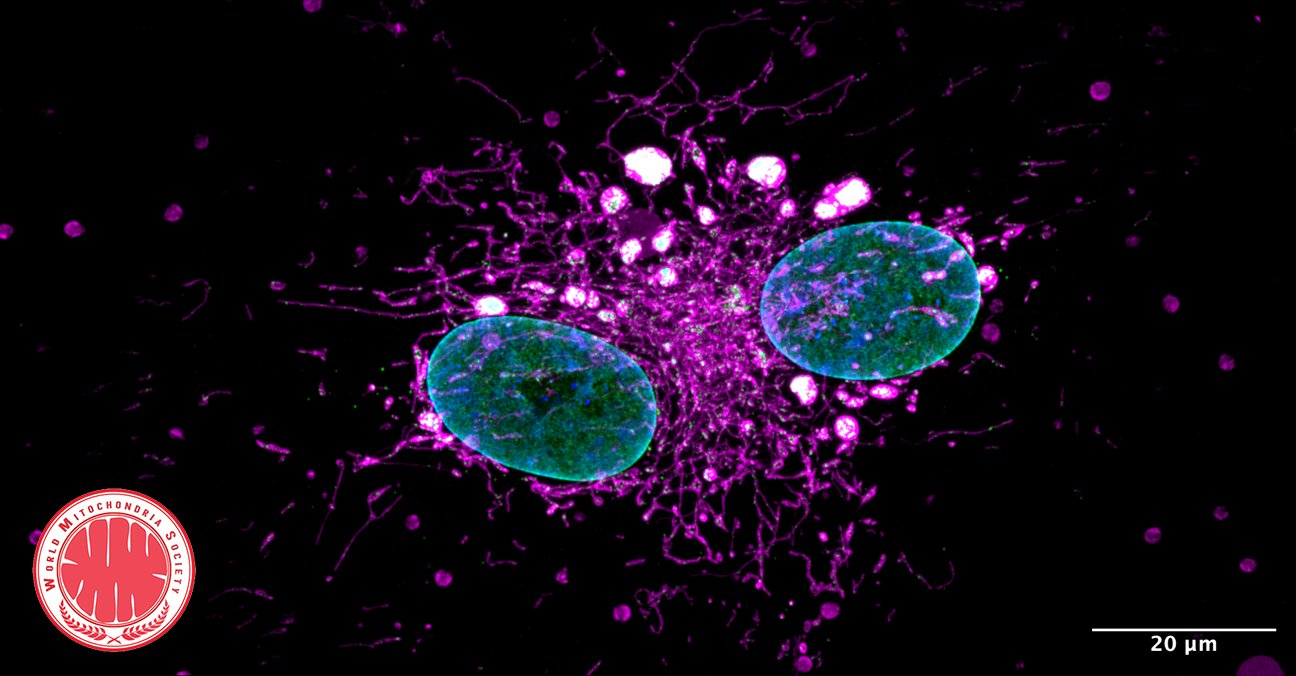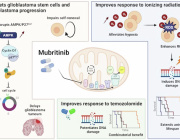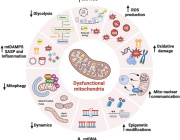Antioxidant anti-diabetic agents and tumor metastasis: An alert by Marvin Edeas
 Few months ago, Dr. Hui Wang from the Department of Endocrinology at Xinqiao Hospital, Third Military Medical University, Chongqing, China, published a strategic study in the journal of Science Translational Medicine, 2016 entitled "NRF2 activation by antioxidant antidiabetic agents accelerates tumor metastasis".
Few months ago, Dr. Hui Wang from the Department of Endocrinology at Xinqiao Hospital, Third Military Medical University, Chongqing, China, published a strategic study in the journal of Science Translational Medicine, 2016 entitled "NRF2 activation by antioxidant antidiabetic agents accelerates tumor metastasis".
According to Marvin Edeas from Institut Cochin, INSERM U1016, University Paris Descartes, we need to highlight the subtility and complexity of antioxidants in health and diseases. Marvin Edeas thinks that this study is one of the most hot study published in 2016 and that the impact of Dr Hui Wang's studies on cancer acceleration is and will stay very important.
In 2009, M. Edeas already commented about the negative effects of antioxidants supplementation: "We don't need to be supplemented by antioxidants each day." From his side, as scientific advisor of WMS and ISANH, Martin Bergö reviewed Dr Wang's paper and clearly demonstrated that antioxidants can accelerate many kinds of cancer.
The impact of antioxidant supplementation on malignant melanoma progression
On the role of ROS and antioxidants in tumor initiation and progression
Anna Azvolinsky from the-scientist commented: Two classes of drugs used to treat type 2 diabetes can increase metastasis of human tumors implanted in mice, according to a study published today (April 13) in Science Translational Medicine. The ability of these two classes of compounds—hypoglycemic dipeptidyl peptidase–4 (DPP-4) inhibitors and antineuropathic α-lipoic acid (ALA)—to accelerate metastasis was due to activation of an antioxidant response pathway that prompted expression of metastasis-promoting proteins, scientists in China have shown. The team’s results add to a growing body of literature highlighting links between antioxidants and the spread of cancer.
“The most important finding is that some antidiabetic agents . . . promote the metastasis of existing cancers by activating [an antioxidant response],” wrote study coauthor Hongting Zheng of the Third Military Medical University in Chongqing, China.
“The data are compelling and the study is consistent with other studies that would argue antioxidant activity can be helpful for cancer cells to metastasize,” said cell biologist Zachary Schafer of the University of Notre Dame who was not involved in the work.
“What most surprised me are the similar effects on so many tumor cell lines [the authors studied],” said Martin Bergö, who studies the effects of antioxidants on the spread of melanoma and lung cancer at the Karolinska Institute in Sweden, but was not involved in the work. He will also present his excellent studies during Paris Redox 2016. www.isanh.net
Zheng and colleagues first screened commonly used antidiabetic drugs—including metformin and insulin analogs—for their abilities to boost proliferation or increase migration of cancer cells in vitro. The researchers showed that DPP-4 inhibitors promoted migration and invasion but not proliferation of melanoma, hepatic, colon, breast, lung, and ovarian human cancer cell lines.
In mice, these drugs resulted in greater dissemination of transplanted human liver and colon tumor cells as well as increased micrometastases compared to animals with the same tumors that received no antidiabetic drugs. Additional in vitro experiments suggested that the DPP-4 inhibitors’ effects on tumor cell migration were associated with the compounds’ abilities to reduce oxidative stress of cancer cells: the drugs reduced reactive oxygen species (ROS) and increased glutathione, an endogenous antioxidant. Adding a glutathione synthesis inhibitor to the cancer cells in addition to a DPP-4 inhibitor prevented the tumor cells from migrating, the researchers shows.
To understand how these compounds act on cellular oxidative stress pathways, the researchers zeroed in on the transcription factor nuclear factor E2–related factor 2 (NRF2), which they found to be activated by DPP-4 inhibitor treatment, both in cell culture and in mice. Five different DPP-4 inhibitors all activated NRF2 in vitro. When the researchers knocked down NRF2 in DPP-4 inhibitor–treated colon and a liver cancer cell lines, they saw a reduction in both tumor cell migration and in the expression of metastasis-associated proteins.
 The researchers saw a similar effect in vivo. Mice inoculated with NRF2 knockdown cells had fewer DPP-4 inhibitor–induced metastases. NRF2 also influenced metastasis independent of any diabetes drug treatment, the researchers reported. Activation of the transcription factor promoted the expression of metastasis proteins and cell migration in culture, and pharmacological activation of NRF2 in mice increased micrometastases.
The researchers saw a similar effect in vivo. Mice inoculated with NRF2 knockdown cells had fewer DPP-4 inhibitor–induced metastases. NRF2 also influenced metastasis independent of any diabetes drug treatment, the researchers reported. Activation of the transcription factor promoted the expression of metastasis proteins and cell migration in culture, and pharmacological activation of NRF2 in mice increased micrometastases.
Another known NRF2 activator, ALA—used to treat diabetic neuropathy—had similar effects as the DPP-4 inhibitors studied, both in vitro and in vivo.
Analyzing primary and metastatic tumor expression data, the team found that metastatic samples were more likely to have increased NRF2 expression, and that NRF2 expression correlated with lymph node metastasis.
Previous studies have shown that NRF2 can be activated by oncogenes, allowing tumors to quench ROS that can impede their growth. Yet whether other drugs with antioxidant activity work by a similar mechanism, and whether cancer cells themselves also use other mechanisms to maintain an antioxidant state, are open questions, Schafer noted.
The next step is to study tumor metastasis in diabetic mice, which “will more adequately reflect the current clinical application of antidiabetic drugs,” Zheng wrote in an email.
“Antioxidants and drugs that activate NRF2 do not cause cancer,” Bergo stressed. “Rather, they help healthy cells stay healthy and they help cancer cells stay healthy and allow them to spread in the body.”
H. Wang et al., “NRF2 activation by antioxidant antidiabetic agents accelerates tumor metastasis,” Science Translational Medicine, doi:10.1126/scitranslmed.aad6095, 2016.
Glutamine addiction and mitochondrial stability in tumor cells

The scientific committee of the World Mitochondria Society is honoured to welcoming Dr Vladimir Gogvadze during the 7th edition of Targeting Mitochondria World Congress which will be held in Berlin from October 24 to 26, 2016.
Dr Vladimir Gogvadze, from Karolinska Institutet in Sweden is a specialist in the role of mitochondria in cancer field. During the congress, he will present his recent study related to Glutamine addiction and mitochondrial stability in tumor cells.
For more information: www.targeting-mitochondria.com
Presentation of the most recent scientific data and perspectives related to mitochondrial DNA recombination, repair and segregation
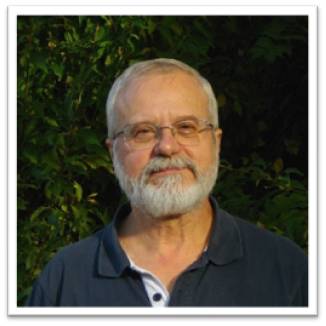 Dr André Dietrich is Research Director at Institut de Biologie Moleculaire des Plantes, from CNRS, Universite de Strasbourg, France.
Dr André Dietrich is Research Director at Institut de Biologie Moleculaire des Plantes, from CNRS, Universite de Strasbourg, France.
According Dr Dietrich: " Dynamics, maintenance and transmission of the mitochondrial DNA (mtDNA) are at the forefront of organellar genetics. Recombination plays a major role in these processes in many organisms and has mostly been documented at the genetic and molecular level in yeast and plant mitochondria. In these organisms, repeat-mediated recombination generates subgenomes and alternative mtDNA configurations. On the other hand, recombination takes part in mtDNA repair pathways, including errorprone mechanisms like break-induced replication. [...] The mechanisms underlying all these fundamental processes are little understood in mammals. Knowledge gained in plants and introduction of plant factors into mammalian model systems might shed new light into the field."
To know more about this strategic topic, you can register to Targeting Mitochondria World Congress on www.targeting-mitochondria.com
Optimizing Nature: Targeting Mitochondria with Enhanced Natural Antioxidants
Pr Paulo J. Oliveira fro m the University of Coimbra, Portugal and the Vice-President, European Society for Clinical Investigation will be at the 7th World Congress on Targeting Mitochondria to present his research topic of "Optimizing Nature: Targeting Mitochondria with Enhanced Natural Antioxidants".
m the University of Coimbra, Portugal and the Vice-President, European Society for Clinical Investigation will be at the 7th World Congress on Targeting Mitochondria to present his research topic of "Optimizing Nature: Targeting Mitochondria with Enhanced Natural Antioxidants".
According to Pr Oliveira's research: "The role of mitochondria in aging and disease is well established. Although the role of oxidative stress is still controversial in what regards to the aging process, less doubt exists that mitochondria deterioration due to oxidative damage is an important component of several pathologies, including the so called lifestyle diseases. Although Nature provides a large number of antioxidants, commitment to healthy diets is lacking. Moreover, in a disease process, the supplementation of antioxidants is often necessary. Still, most antioxidants in supplements fail due to their poor targeting and bioavailability. We report here the development of enhanced natural antioxidants, which are accumulated by mitochondria, protecting these organelles from oxidative stress-mediated damage. We further show that the novel enhanced natural antioxidants preserve properties of the native compounds which are critical to improve cell resistance to stress, while showing a small degree of toxicity."
To know more about this strategic topic, you can register to Targeting Mitochondria World Congress on www.targeting-mitochondria.com
Tissue specificity of mitochondrial energy metabolism
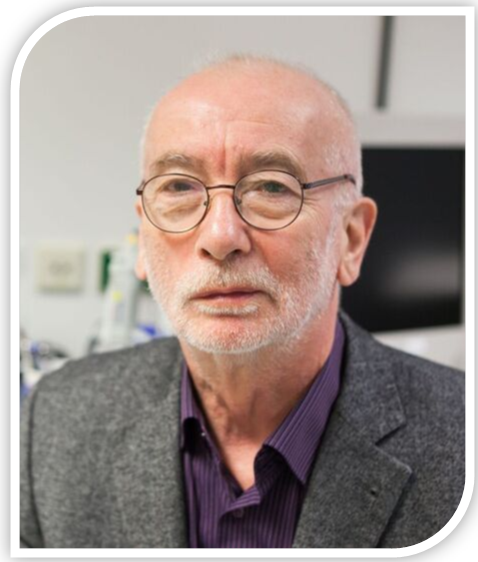 60 years ago Britton Chance started to investigate the regulation of mitochondrial function. He defined the well known states of OXPHOS, describing the ADP phosphorylation in dependence on the cell work and the availability of oxygen and substrates. Later it was found that cytosolic calcium regulates both, the cell work and the mitochondrial activity. Rate of OXPHOS is determined by the rate of ADP transport into the mitochondria via creatine phosphate shuttle and direct diffusion as well as by a sufficient substrate supply to mitochondria. Mitochondrial properties depend on the cell type under investigation.
60 years ago Britton Chance started to investigate the regulation of mitochondrial function. He defined the well known states of OXPHOS, describing the ADP phosphorylation in dependence on the cell work and the availability of oxygen and substrates. Later it was found that cytosolic calcium regulates both, the cell work and the mitochondrial activity. Rate of OXPHOS is determined by the rate of ADP transport into the mitochondria via creatine phosphate shuttle and direct diffusion as well as by a sufficient substrate supply to mitochondria. Mitochondrial properties depend on the cell type under investigation.
During Targeting Mitochondria 2016, Pr Franck Norbert Gellerich from Otto-von-Guericke University, Germany will present the tissue specificity of mitochondrial energy metabolism.
More information about the program, speakers and registration: www.targeting-mitochondria.com
Mitochondria Targeted Nanoparticle for Regenerative Therapy of Stroke
 Dr. Shanta Dhar, from University of Georgia, USA was invited by the scientific committee of the 7th World Congress on Targeting Mitochondria to present his recent research "Mitochondria Targeted Nanoparticle for Regenerative Therapy of Stroke".
Dr. Shanta Dhar, from University of Georgia, USA was invited by the scientific committee of the 7th World Congress on Targeting Mitochondria to present his recent research "Mitochondria Targeted Nanoparticle for Regenerative Therapy of Stroke".
According to Dr. Dhar: Stroke is one of the most leading cause of impairment and death worldwide. Tissue plasminogen activator, the only Food and Drug Administration approved drug for ischemic stroke, suffers from several drawbacks when efficacy, safety, and the therapeutic window are considered. Neural stem cell-based tissue regeneration therapy can be an attractive addition for treatment of brain injuries. However, regenerative stem cell treatment suffers survival issues when implanted at the injury site dominated by a cytotoxic environment created by reactive oxygen species and inflammation. Neuro-protectants such as anti-inflammatory and/or anti-oxidative agents can be excellent addition to regenerative treatment.
Marvin Edeas stated: "During Targeting Mitochondria 2016, the new topic of mitochondria targeting nanoparticle will be largely discussed".
To know more about this strategic topic, you can register to Targeting Mitochondria World Congress on www.targeting-mitochondria.com
Marvin Edeas / Volkmar Weissig / Chairmen of WMS
Glutathione depletion induces mitochondrial damage through CYLD and associated pathways of regulated necrosis
 Volkmar Weissig and Marvin Edeas invited Carsten Culmsee to join the 7th World Congress on Targeting Mitochondria and to talk about new concept "Glutathione depletion induces mitochondrial damage through CYLD and associated pathways of regulated necrosis".
Volkmar Weissig and Marvin Edeas invited Carsten Culmsee to join the 7th World Congress on Targeting Mitochondria and to talk about new concept "Glutathione depletion induces mitochondrial damage through CYLD and associated pathways of regulated necrosis".
This new concept links mechanisms of oxidative stress to induction of regulated necrosis independent of death receptor signaling but through activation of the deubiquitinase CYLD. Further, this endogenous pathway of regulated necrosis leads to mitochondrial damage through activation of Drp-1 but not MLKL and is also highly relevant in neuronal death following acute brain injury as shown in models of cerebral ischemia and brain trauma.
Volkmar Weissig / Marvin Edeas / Chairmen of WMS
www.targeting-mitochondria.com
Mitochondrial targeting of RNA as a tool for therapy
Dr Ivan Tarassov, the Resear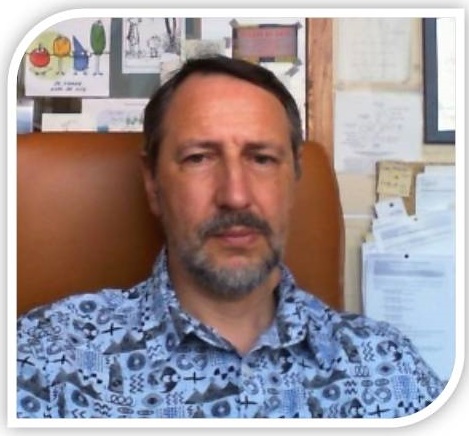 ch Director in the CNRS, France, will join the 7th World Congress on Targeting Mitochondria and present his research topic on "Mitochondrial targeting of RNA as a tool for therapy"
ch Director in the CNRS, France, will join the 7th World Congress on Targeting Mitochondria and present his research topic on "Mitochondrial targeting of RNA as a tool for therapy"
Volkmar Weissig and Marvin Edeas invited Dr Tarassov to highlight the following strategic points:
1. Mechanisms and functional role of mitochondrial import of RNA
2. Allotopic strategy for mitochondrial therapy
3. Antigenomic strategy for mitochondrial therapy
If you are interested to know more about the speakers and the congress, don't hesitate to register to Targeting Mitochondria 2016: www.targeting-mitochondria.com
Marvin Edeas / Volkmar Weissig / Chairmen of WMS











